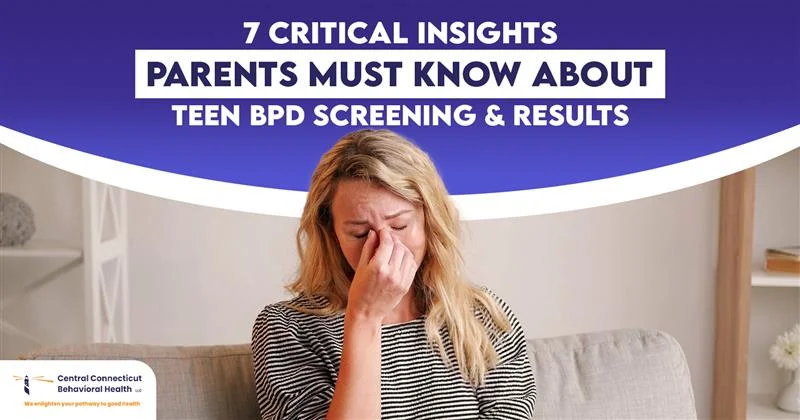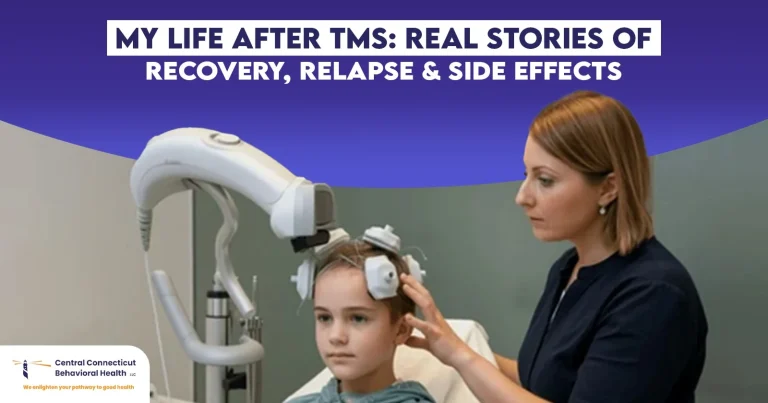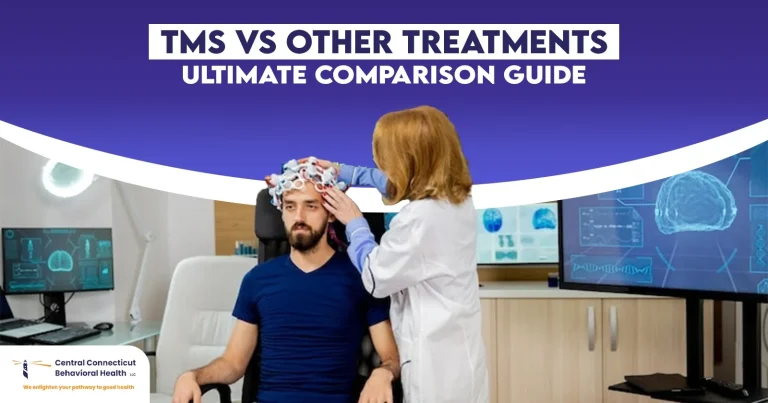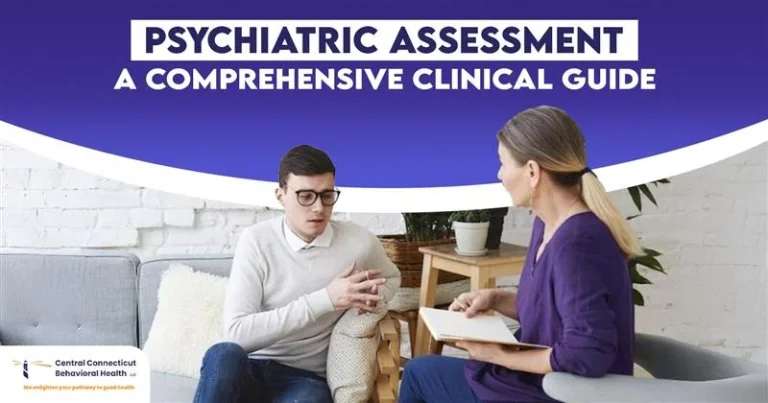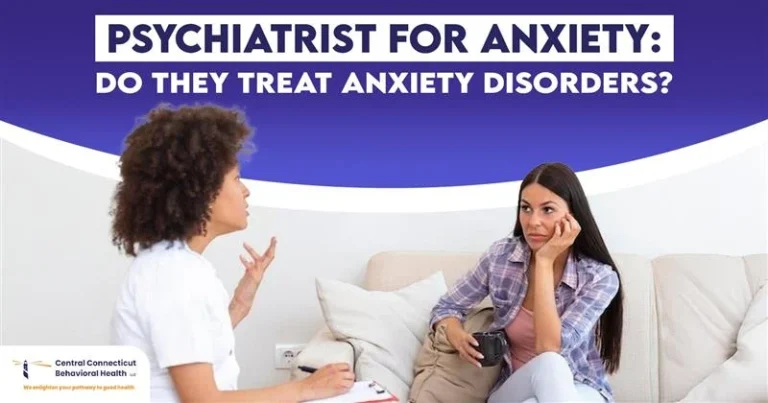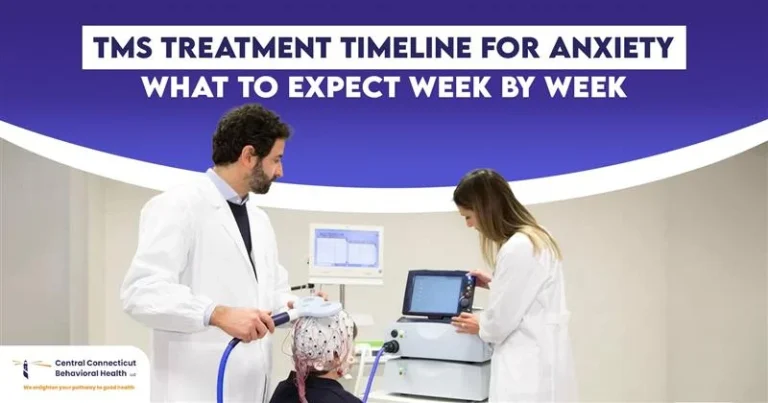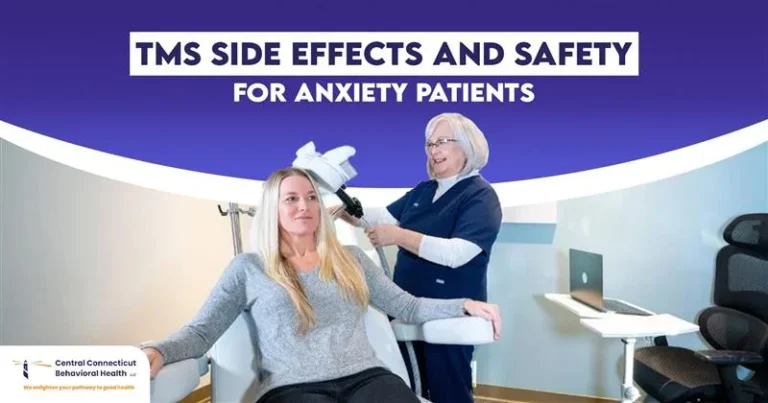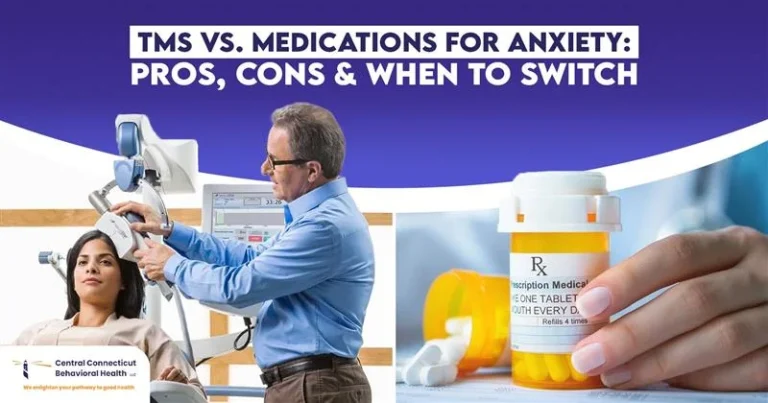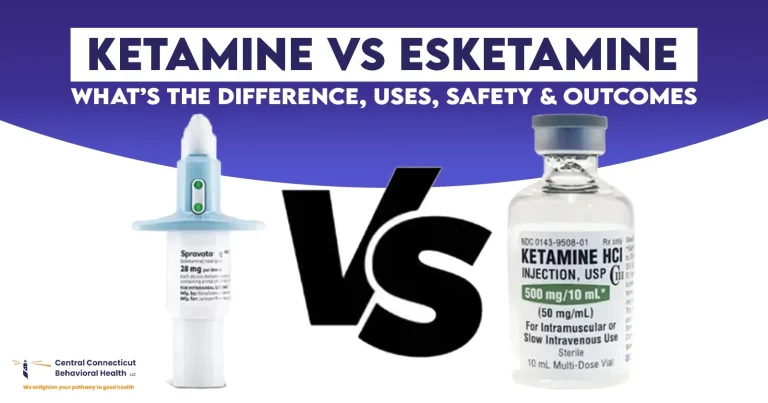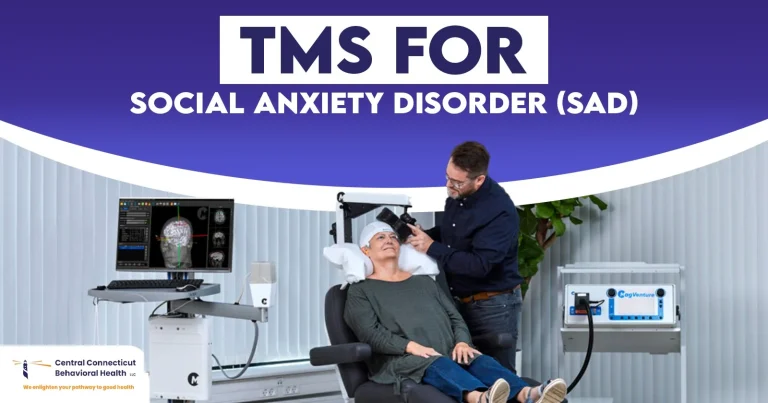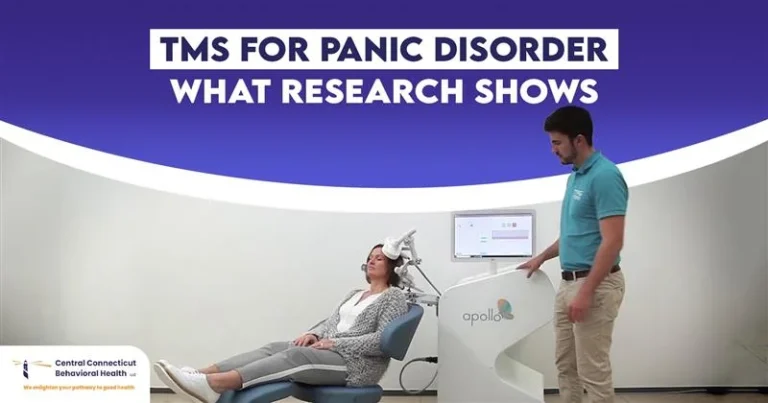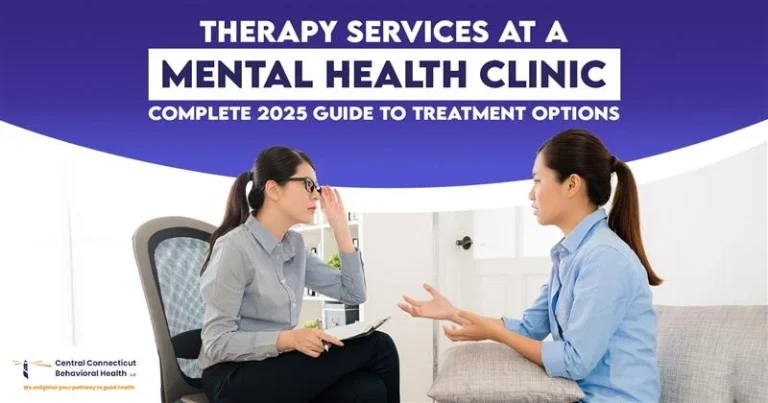Raising a teenager feels like riding with no map. Some days they are happy and talkative, while on others, they barely speak and become angry for no clear reason. These sudden changes leave you wondering, what happened to your happy child. If these ups and downs continue to intensify, it is normal to worry and seek answers.
That is where BPD screening is helpful. It is not about labelling your teen; it is the step to learn what is behind their emotions.
At Central Connecticut Behavioral Health, the team listens. They help and guide parents and teens through the process of healing together. The goal is to find a better emotional balance.
7 Critical Insights: Teen BPD Screening & Results
-
What Is BPD Screening and Why Does It Matter
A BPD screening is an early mental health check that helps identify emotional struggles linked to borderline personality disorder. This is not a final diagnosis. It is a way to spot patterns in your teen’s emotions and reactions, signs of emotional distress.
Typical screenings include:
- Short questionnaires about emotions and relationships
- Parent interviews to understand family observations
- Re- visits with a licensed therapist or expert psychologist
Screening matters. It helps parents identify small emotional issues before they become major problems. The sooner teens get help, better cope with stress and gain lasting confidence.
-
How Parents Help in the Screening Process
Parents play a big part in making BPD screening accurate and helpful. Teens may downplay their feelings, so your input adds context for therapists.
Here is what helps:
- Track mood and behavior record of your teen on phone or in a diary.
- Share honestly whatever you have noticed at home or school, every minor detail matter.
- Stay calm and remind your teen the test is not about blame it’s about care.
At Central Connecticut Behavioral Health, parents are encouraged to stay involved and share openly, screening results become more meaningful.
-
Understanding Your Teen’s BPD Test Results
When you see you teens screening results, take a breath. The medical terms and scores can sound heavy. Try not to panic. BPD screening results are just to guide, not scare.
The results may show:
- Mood swings and emotional to and from
- Big reactions to small stress
- Fear of rejection or being alone
- Quick and risky decisions when upset
If you see the term BPD test suicidal ideation teen, seek professional care immediately. It means your teen may be feeling hopeless, or thinking about self harm and that needs immediate support.
Remember, these results are not the end of story. They are the start of finding the right care.
-
Are Online BPD Tests for Teens Reliable?
It is easy to search online when you are worried about your teen. You might have even typed “how accurate are online borderline personality tests for teens?” into Google yourself.
Online quizzes can give a rough idea of your teens emotion but cannot replace a real evaluation. They often miss important details like:
- Family stress and personal trauma
- Other mental health conditions like anxiety, ADHD or depression
- Differences in Culture and personality
Online tools can be helpful for awareness, but cannot replace BPD Screening done by mental health expert.
If you want result that are both accurate and caring, contact Central Connecticut Behavioral Health for a proper BPD screening. Their team listens, support and helps families find clear answers.
-
What to Do If Your Teen’s Screening Shows BPD Traits
It is normal to feel afraid when you hear your teens might have borderline traits but do not lose hope this does not means things are over. It’s the beginning of understanding and healing.
Here’s what parents can do next:
- Stay calm. Your reaction helps your teen feel safe.
- Schedule therapy. A counsellor can teach coping skills and emotional control.
- Avoid judgment. Teens need reassurance, not criticism.
- Be patient. Emotional growth takes time.
When results show suicidal ideation, immediately take action. Dial the local crisis hotline or visit an emergency center immediately. Quick action saves lives.
-
A Simple Parent Guide to Understanding Teen BPD Tests
If you have searched for a borderline personality disorder test for teen parent guide, here is something important to know:
- Teens are still learning, changing, and testing limits. What looks like BPD could just be part of that normal messy process of growing up
- Screening is designed to spot patterns, not to assign permanent labels.
- Family support and therapy is helpful for teens to manage emotions.
When parents knows the inside story of their teen’s reactions, they can offer real support, not punishment or frustration.
-
How to help Your Teen After the Results
Once your teen completes a BPD screening, focus shifts to support and healing. Teens need steady love, and consistency to rebuild trust and confidence.
Here are tips for parents:
- Keep communication open and let them share at their own peace
- Encourage routines, eat well, take rest and creative hobbies
- Notice and Celebrate small moments
- Keep the rules kind and clear.
Healing starts by taking small steps. At Central CT Behavioral Health, therapists focus on building self-confidence and helping families grow closer through understanding and care.
Conclusion
BPD screening is not about labelling your teen. It is about understanding what really are they going through and how to help them heal.
With the right support from Central Connecticut Behavioral Health, families can move from worry to clarity. Through early BPD screening, open communication, and consistent therapy, teen gain emotional control, confidence and better relationships.
And Remember: your teen is not “broken.” They are growing and learning. With steady love and care, they can heal in amazing ways.
FAQs: BPD Screening
-
What does BPD screening test do?
It helps spot warning signs, sudden mood changes, quick decisions, or trouble keeping steady friendship. The clues helps professionals decide whether your teen could benefit from assessment.
-
Can my teen fail a BPD test?
No. There is no pass or fail. It shows patterns of behavior and emotions, they help you for care, not to judge your child.
-
What to do if my teen refuses the test?
Do not force your teen for test. Be gentle and tell them why you are concerned. Sometimes getting help from neutral counsellor, helps the teen feel safe to open up.
-
How often should BPD screening be done?
If your teen has emotional struggles or past trauma, yearly screening can help track changes and progress.
-
How accurate are online BPD quizzes?
They can be useful for early awareness but lack depth. Only professional assessments from clinics like Central Connecticut Behavioral Health can provide reliable results.
-
What to do after a teen gets high score on BPD test?
If results are concerning, the therapist will suggest therapy sessions, family counselling, and training for emotional skills .


